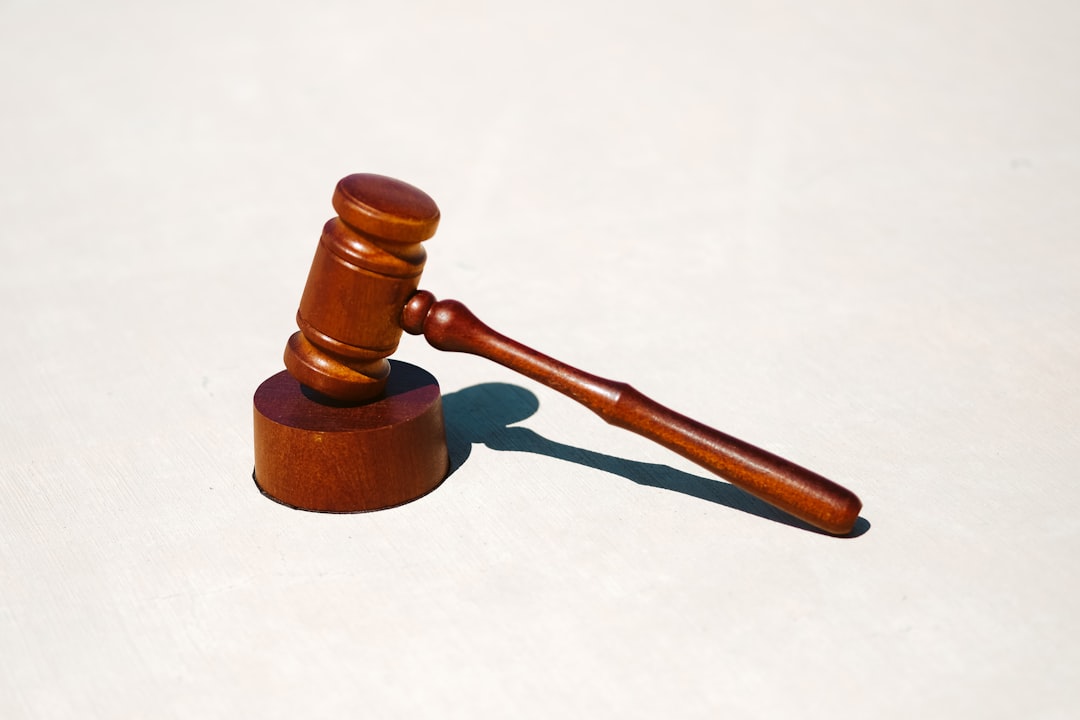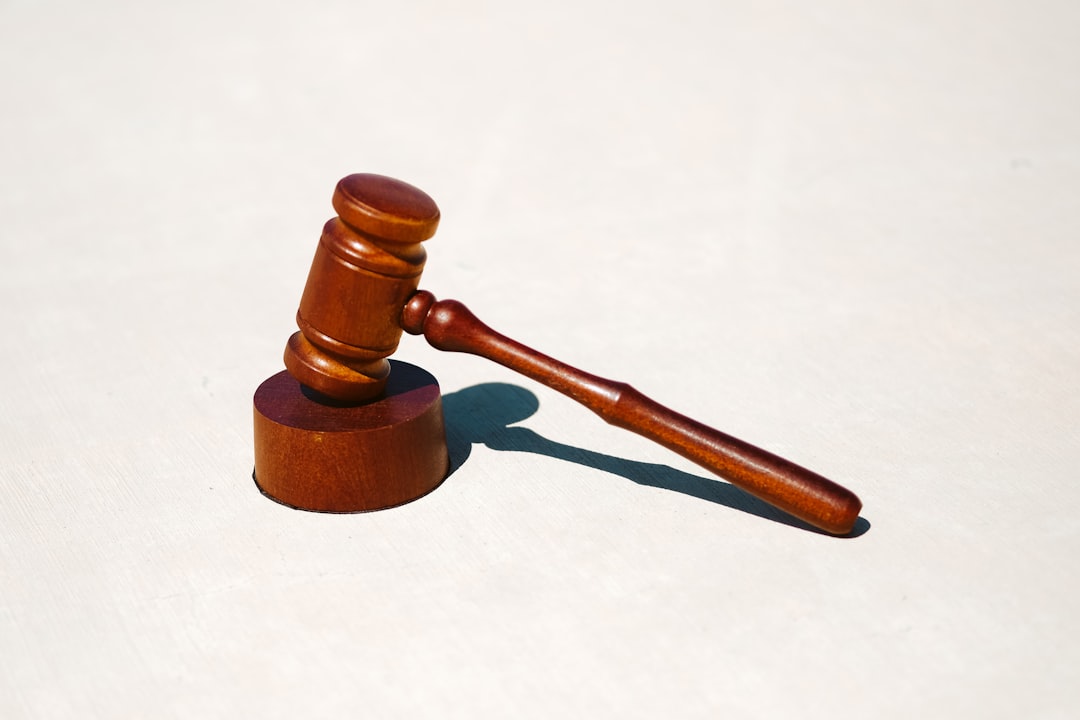In California's diverse educational system, cultural competency is vital for creating inclusive environments and addressing school abuse. By recognizing and respecting cultural differences, educators can integrate these insights into teaching and counseling practices to navigate complex cultural nuances. Training equips staff to understand individual student contexts, offer tailored support, and communicate sensitively with diverse families. This approach addresses historical inequities, strengthens family collaboration, and enhances educational experiences for all students. School staff serve as the first line of defense against physical, emotional, and sexual misconduct, leveraging cultural competency training to build trust and facilitate prompt intervention. Engaging specialized school abuse lawyers in California ensures adherence to state laws and protects schools' reputations while fostering safe learning environments.
“In California’s diverse educational landscape, cultural competency training is an indispensable tool for fostering inclusive and safe learning environments. This article explores the critical role of such training for school staff and counselors, delving into key aspects of cultural competence in education. We’ll discuss identifying potential school abuse scenarios, especially those involving student-staff interactions, and emphasize the legal implications for professionals and institutions. Understanding these dynamics is essential, as it equips California’s educators and counselors with the knowledge to prevent, address, and report school abuse effectively, alongside guiding them through the complex web of legal considerations.”
Understanding Cultural Competency in California's Educational Setting

In California’s diverse educational landscape, cultural competency is a critical aspect of fostering inclusive and supportive learning environments for all students. This concept involves recognizing and appreciating the cultural differences among students, staff, and families, and ensuring that these variations are respected and integrated into teaching and counseling practices. Cultural competency training equips school staff and counselors with the skills to navigate the complex web of cultural nuances, especially when addressing sensitive issues like potential school abuse cases. By understanding the cultural context of each student, educators can provide tailored support, enhance communication, and effectively respond to various situations, including those involving ethnic minorities, LGBTQ+ individuals, or students from low-income families.
California’s schools, with their mix of diverse backgrounds, require a nuanced approach to address historical inequities and ongoing social issues. School abuse lawyers in California often emphasize the role of cultural competency in ensuring that every student receives fair treatment and protection. This training enables counselors and staff to identify potential barriers to learning and support, such as cultural barriers to communication or unmet socioeconomic needs. By embracing cultural competency, schools can create a more inclusive climate, promote positive outcomes for students, and effectively collaborate with families from various backgrounds, ultimately strengthening the overall educational experience.
Identifying and Addressing Potential School Abuse Scenarios

In California, where diverse communities and cultures coexist within schools, it’s paramount for staff and counselors to be equipped with cultural competency skills. This includes identifying potential scenarios of school abuse, which can manifest in various forms, from physical assault to emotional trauma, often driven by cultural misunderstandings or biases. By understanding the nuances of different cultural backgrounds, educators can better recognize signs of abuse and take appropriate action. For instance, a student’s behavior might be interpreted differently across cultures, requiring a nuanced approach for effective intervention.
School abuse lawyers in California, as well as attorneys and law firms specializing in this area, emphasize the importance of proactive measures. Training should equip staff to communicate effectively with students from various ethnic backgrounds, understand familial structures that may differ from mainstream norms, and be alert to potential power imbalances that could lead to abusive situations. Early identification and reporting are key; a school abuse attorney or law firm in California can guide institutions on establishing robust reporting mechanisms while ensuring the privacy and safety of all parties involved.
The Role of School Staff and Counselors in Preventing and Reporting Abuse

School staff and counselors play a pivotal role in preventing and addressing instances of abuse within educational institutions. They are often the first line of defense against various forms of school abuse, including physical, emotional, and sexual misconduct. With their regular interactions with students, teachers, administrators, and parents, they have unique insights into the well-being and behaviors of the student body. This positions them to recognize early warning signs of potential abuse or neglect, enabling prompt intervention.
These professionals are also tasked with creating a safe and supportive environment that encourages students to come forward and report any form of mistreatment. Their training in cultural competency equips them with the skills to handle sensitive situations, especially when dealing with diverse student populations. By understanding and respecting different cultural backgrounds, beliefs, and perspectives, they can build trust and ensure that reporting mechanisms are accessible to all students. This proactive approach not only protects vulnerable individuals but also fosters a culture of accountability and transparency within California’s educational system, as supported by school abuse lawyers, attorneys, and law firms dedicated to advocating for victims’ rights.
Legal Implications and Resources for School Abuse Cases in California

In California, addressing school abuse cases is a complex legal landscape that requires thorough understanding and adherence to state laws and regulations. When staff or counselors are involved in such incidents, having a clear grasp of legal implications is crucial. Every district must ensure compliance with laws like the California Education Code and the Student Non-Discrimination Act (SNA), which protect students from harassment and discrimination. Failure to properly address school abuse can lead to severe consequences, including litigation and damage to the institution’s reputation.
For California schools, engaging legal counsel specialized in education law is a strategic move. School abuse lawyers California, or reputable law firms like school abuse law firm California, offer expertise in handling these sensitive cases. They guide institutions through investigations, disciplinary actions, and potential lawsuits. These professionals ensure that the rights of all parties are protected while promoting a safe learning environment. Resources such as the California Department of Education’s guidelines and support services play a vital role in assisting schools in managing and preventing future incidents of school abuse.






